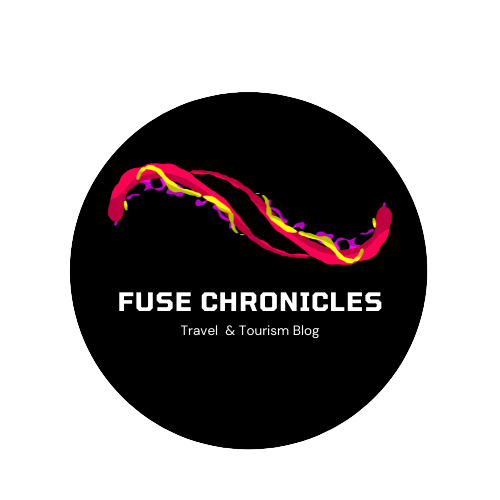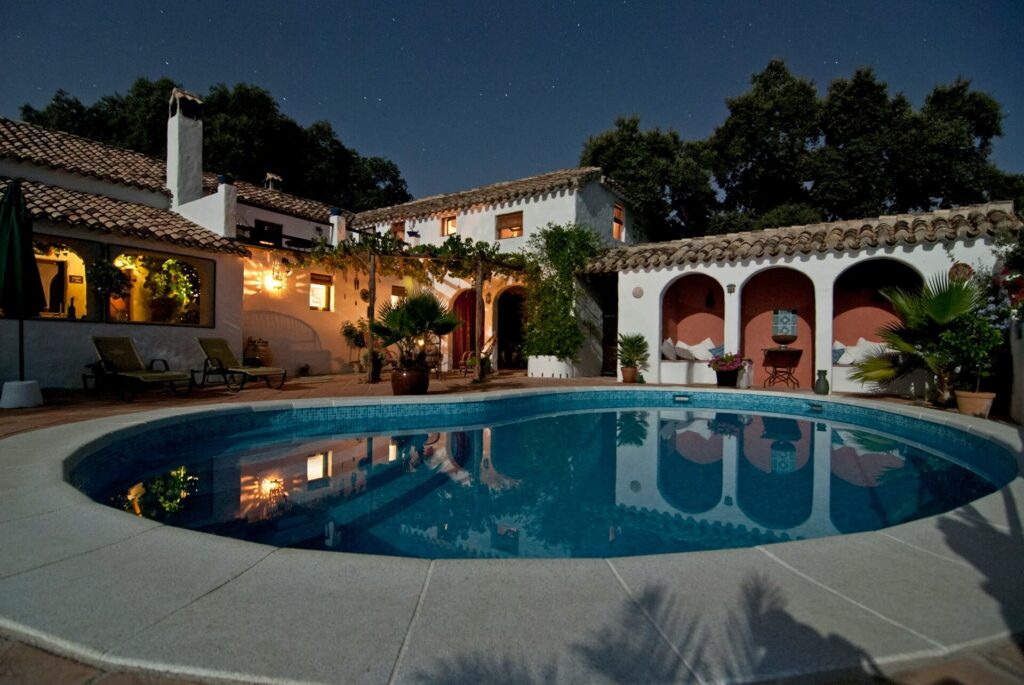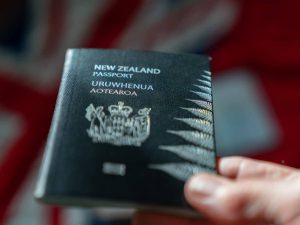Short term holiday rentals spark debates in numerous global destinations. While they offer a convenient investment or additional income stream for property proprietors in sought-after tourist areas, their impact extends beyond financial gains.
Related article: Unveiling 5 Travel Hacks On How To Book Cheap Flights
Related article: How To Pay Flight Tickets In Instalments
These European home rentals may elevate living costs for local residents, leading to housing challenges and prompting migrations from heavily frequented urban centers. Typically, more profitable than traditional long-term leases, they frequently result in numerous vacant properties during non-peak periods, altering the local housing landscape.
While the EU systematically implements regulations binding across its 27 member states, certain cities and nations are individually combating the expansion of short term holiday rentals through unique approaches.

Task Force Combats Illicit Paris Vacation Rentals
Across most towns and cities in France, a registration protocol is mandatory for those intending to lease an entire house or apartment for short durations. Upon registration, the town hall issues a unique identifier, crucially linked to your online listing, a prerequisite for hosting visitors.
Paris, however, maintains even more stringent regulations. The city achieved a significant legal victory against Airbnb in a protracted legal dispute, establishing the online rental platform as co-responsible for unauthorized subletting in the city – a pivotal component of its continuous enforcement efforts.
As platforms similar to these have gained popularity, Paris has implemented increasingly stringent regulations regarding the leasing of properties. While it’s permissible to rent out your primary residence on platforms like Airbnb for up to 120 days annually, you must be registered with the local town hall.
For secondary residences or if you intend to lease a property for a period exceeding 120 days, you are required to officially convert it into a furnished tourist accommodation. This process is intentionally challenging, as the city grapples with a housing crisis aggravated by the presence of second homes and vacation rentals.
To address this issue, Paris has established a specialized unit tasked with identifying and penalizing illegal rentals. Over the past four years, the French capital has collected €18 million in fines from individuals who have not adhered to the regulations correctly.

Nationwide Crackdown on Portugal Vacation Rentals
The Prime Minister of Portugal, Antonio Costa, has recently implemented a set of actions aimed at curbing short-term rentals. The nation’s latest census conducted in 2021 disclosed an excess of 720,000 unoccupied residential units.
In a bid to address the swift escalation of rental costs, Portugal will refrain from issuing additional permits for Airbnb and comparable vacation rentals. The sole exemption will be applicable to rural regions unaffected by urban constraints.
Every five years, authorities will reassess all permits for Portugal vacation rentals, and a fresh mechanism to regulate rental rates will be implemented. Additionally, proprietors on Airbnb are being provided a tax incentive if they revert their properties to regular residences.
This stringent approach coincides with Portugal discontinuing its Golden Visa program, which allowed foreigners to attain citizenship by investing a minimum of €500,000 in property within the country—an enticing option for those seeking EU residency.
Consequently, 10 percent of property acquisitions in Portugal have been executed by international buyers due to the Golden Visa initiative.

Spanish Cities Resist Soaring Rental Prices
The surge in tourism post-pandemic has led to a significant increase in short term rentals in Spain. According to data from the National Statistics Institute, holiday lets are on the rise throughout the country, with some regions having up to one in four properties designated as tourist rentals.
While there is no nationwide legislation in place yet, several Spanish destinations are pushing back against Airbnb-style accommodations due to the escalating cost of renting a home. Barcelona took a notable step in 2021 by becoming the first European city to prohibit short term private room rentals. The city has established a dedicated team to identify and remove illegal listings.
While renting out entire homes or apartments is still permitted, property owners must possess the appropriate license. However, the city has not issued any new licenses for quite some time.
In February, Valencia revealed intentions to prohibit the occasional tourist utilization of residences in its historic center. Although initially nullified by the courts, the municipal government asserts its ongoing commitment to opposing short term holiday rentals.
Palma, the renowned capital of Mallorca, achieved legal success in its efforts to restrict tourist leases in apartment complexes. Consequently, tourists are now limited to renting single-family homes, which must be standalone houses or villas, rather than residing in apartments or flats.
Throughout Spain, regulations differ, but with the rising prevalence of holiday rentals, it is anticipated that restrictions will become increasingly stringent.

Italy Restricts Short Term Rentals in Popular Tourist Areas
In the renowned tourist destinations of Italy, local authorities are taking steps to restrict short term rental options. Venice’s Mayor, Luigi Brugnaro, expressed concerns about depopulation in the city center, stating in March that efforts are needed to preserve its essence.
He intends to implement a system permitting homes to be rented to tourists for a maximum of 120 days annually, and those surpassing this limit may encounter police intervention.
Similarly, in June, Florence disclosed plans to curtail new tourist accommodations in its historic city center.
Additionally, Italy enforces rental income tax regulations, requiring platforms like Airbnb to collect a 21 percent levy and share relevant information with tax authorities.
The specific requirements for property owners venturing into Italy short term rentals differ across municipalities, with most places mandating that authorities be notified when initiating such a business.
Certain hosts may provide you with a numerical code for inclusion in your listing, while others may necessitate the submission of statistics detailing the number of guests hosted and the duration of their stay using the same code.
Additionally, it is customary for hosts to furnish guests with a concise written agreement for short-term rentals, mutually signed by both parties during check-in.
Nationwide implementation of regulations may be imminent, as Italy’s tourism ministry has recently formulated a draft law aimed at restricting short-term holiday rentals throughout the country.
The legislation, focusing on rentals lasting less than 30 days, is still in the finalization stage. It proposes a mandatory minimum stay of two days in cities and popular tourist destinations.

Netherlands Enforces Stringent Holiday Rental Regulations
Securing Netherlands short term rentals through platforms like Airbnb, Booking.com, or Expedia in Amsterdam poses challenges, as the city has some of the most stringent regulations for vacation homes. Obtaining a permit is mandatory if you wish to rent out your residence or houseboat in Amsterdam. The permit is tied to your permanent address and comes with a temporary validity, requiring a payment of €48.10.
Under this framework, property rental is restricted to a maximum of 30 nights per year, accommodating no more than four individuals, and excludes the option of providing a bed and breakfast service. Informing the municipality about the holiday rental period is a prerequisite before hosting any guests.
For those considering operating a bed and breakfast or engaging in other short-term holiday rentals, additional paperwork and compliance with regulations are inevitable. To lease your entire home for a period exceeding 30 nights, a specialized permit such as a short term stay license is essential.
Achieving this is challenging, and there are valid reasons for it. The city is actively working to improve its image concerning unruly tourists, and this particular initiative is part of a broader strategy to prioritize excellence over sheer numbers.
Furthermore, given the housing shortage in the Netherlands, Amsterdam aims to ensure that the residences it constructs serve as actual homes rather than being transformed into investment properties solely for tourist rentals.












One Response